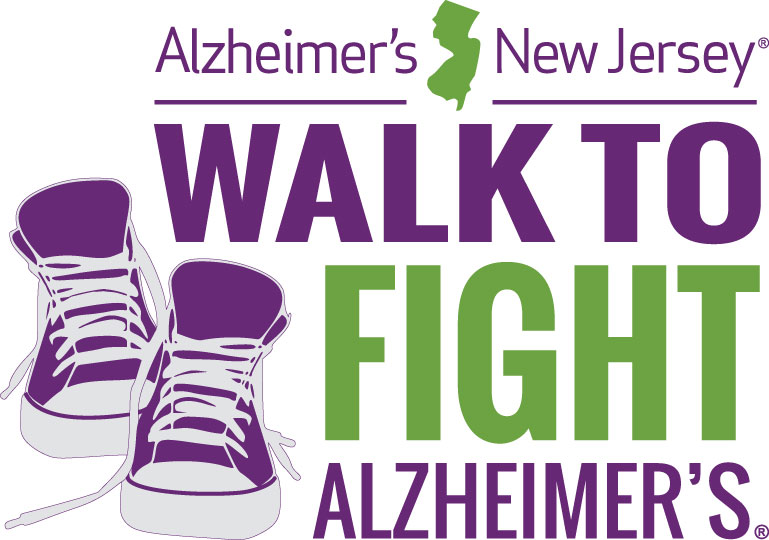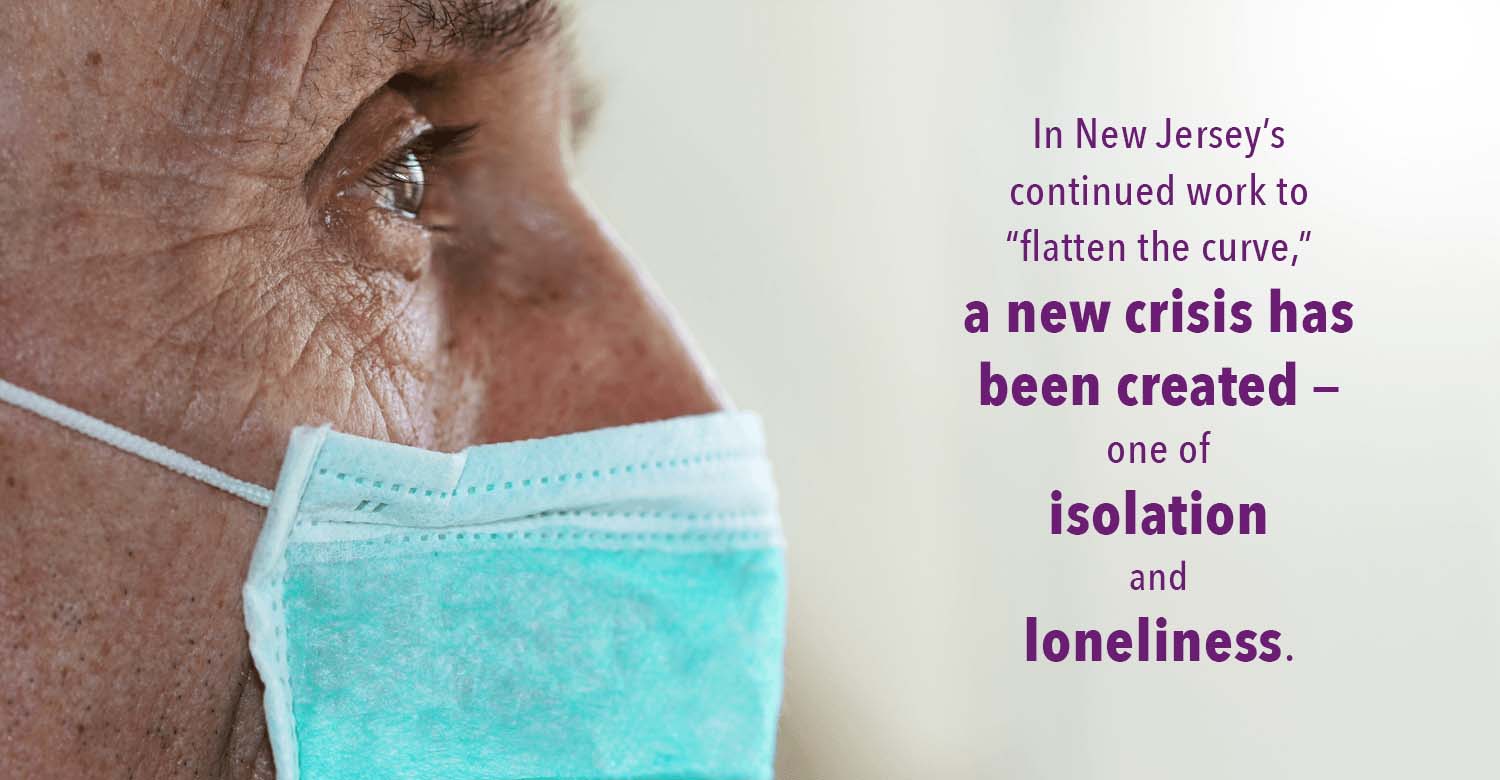By Ken Zaentz, President and CEO, Alzheimer’s New Jersey
The COVID-19 Pandemic has been devastating for us all, but nowhere has the devastation been felt more than among our vulnerable seniors who reside in New Jersey’s long-term care residences where nearly half of the confirmed COVID-19 deaths in our state occurred. Estimates put the number of deaths of our partners, parents and grandparents at over 7,070.
For those residents with Alzheimer’s disease or another form of dementia, the impact has been even more severe. Nationally, federal health officials estimate that at least 15,000 more Americans died from Alzheimer’s disease and dementia this past spring than otherwise would have and many of those deaths were in senior living facilities.
Questions about what should have been done to protect this most vulnerable population and about who is accountable are still being discussed and debated. Thankfully, as of this writing, New Jersey is experiencing significant drops in transmission and death rates. The immediate crisis seems to be over but, in New Jersey’s continued work to “flatten the curve,” a new crisis has been created – one of isolation and loneliness – especially for those residents with dementia.
According to Lisa Gwyther, Founder and Director of the Duke University Center for Aging’s Alzheimer’s Family Support Program, “there are public health consequences of loneliness, isolation and loss of connection to a beloved person that may be equally devastating as COVID-19.” For those with dementia, “the greatest fear is the fear of abandonment in a world that doesn’t make sense.”
At Alzheimer’s New Jersey, advocating for New Jersey families impacted by Alzheimer’s disease is an essential part of our mission. We are hearing from frustrated and emotionally drained caregivers every day. Through our Helpline, support groups and webinars, we are providing support through an outpouring of emotion and tears but, it is not enough. Attention needs to be focused on this serious new crisis in long-term care.
Since the initial lockdown of New Jersey’s residential care facilities in the spring, many families have still not been able to visit their loved ones. Limited outdoor and indoor visiting has recently been permitted but, the complex cognitive, communication and behavioral challenges that occur when someone has Alzheimer’s make outdoor visiting very difficult. According to the July 15, 2020 Executive Directive No. 20-025 from the New Jersey Department of Health, indoor visitation is permitted by “parents, family, guardians or support persons (visitors) of ……. and intellectually disabled residents pursuant to this directive.” Unfortunately, the term intellectually disabled has resulted in inconsistent interpretation about whether those with dementia are permitted visitors under this Executive Directive. While the August 10, 2020 Executive Directive No 20-026 does go a step further by attempting to define an “Essential Caregiver” and establishing criteria for “Essential Caregiver Visitation,” those criteria still seem to fall short in accommodating the complex needs of residents with Alzheimer’s disease; yet, the CDC estimates that nearly 50% of nursing home residents have Alzheimer’s or another form of dementia.
Caregivers of those with Alzheimer’s disease and other dementias are an essential part of the healthcare team and not just visitors. For persons with dementia, who live in a world that has become extremely confusing, their family caregivers are their voices, their eyes their ears and their advocates – especially in a long-term care setting. Among the findings of the AARP Public Policy Institute Report, Valuing the Invaluable, today’s family caregivers have an array of responsibilities, including advocating for their relatives’ preferences and interests, and communicating and coordinating care with various health care providers and care settings.
The professional staff in residential care facilities also depend on family caregivers for supplemental care and vital communication – all for the mutual purpose of providing quality care for the person with dementia. Even under the best circumstances, it is hard to imagine quality care without the important contributions of family caregivers.
This spring, thousands of our loved ones died alone. Families that were already devastated by the emotional loss that happens when a loved one with Alzheimer’s disease no longer recognizes his/her partner, children and grandchildren also had to endure physical loss without the opportunity to say goodbye. Let’s not add to that tragedy by continuing to isolate those with Alzheimer’s and other dementias from their family caregivers. We need to find a way to balance the need to protect these vulnerable long-term care residents from the spread of COVID-19 with their right to have scheduled visits with their family caregivers. Anything less is another crisis.


